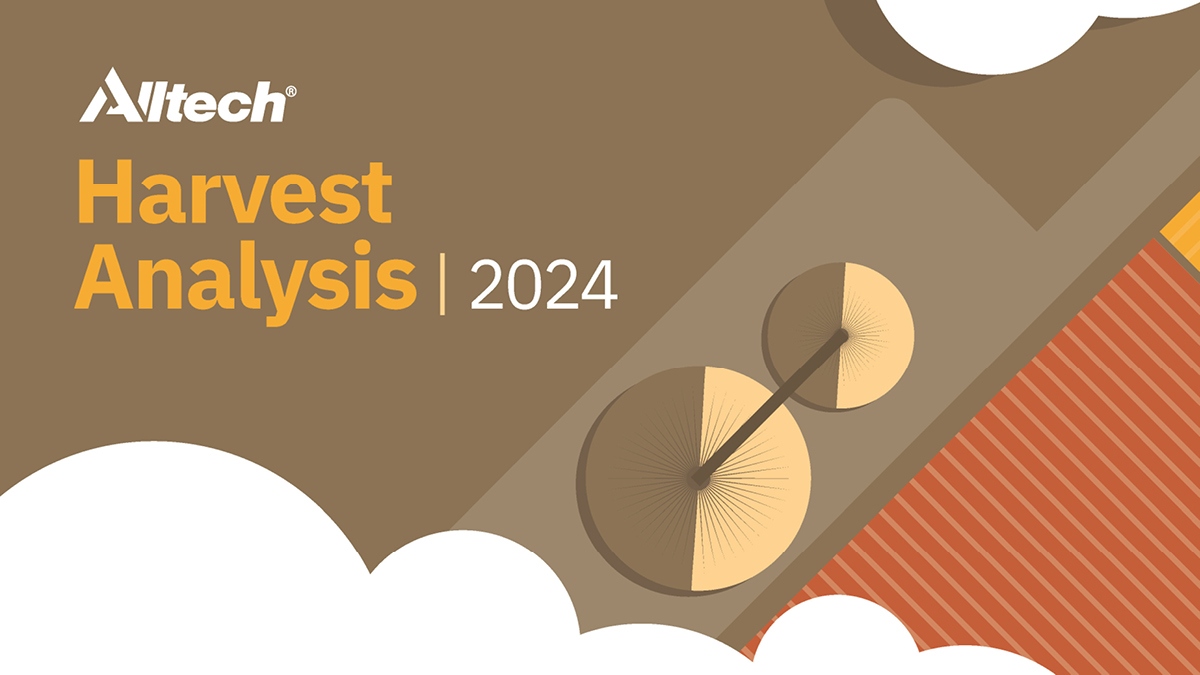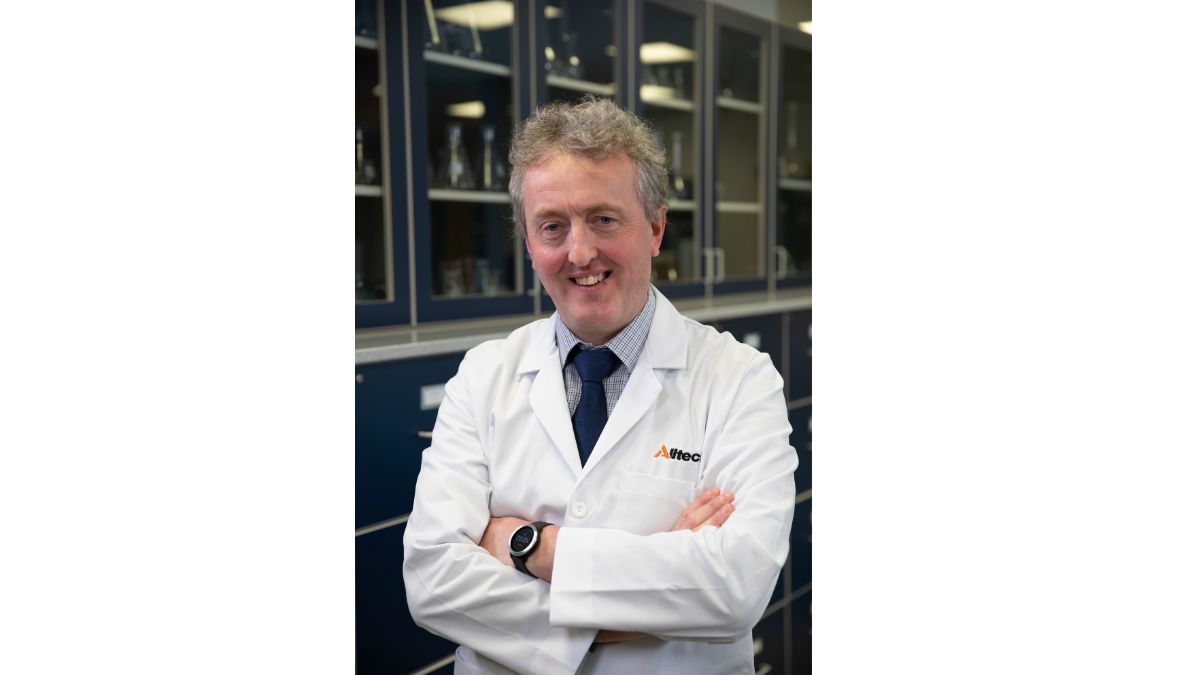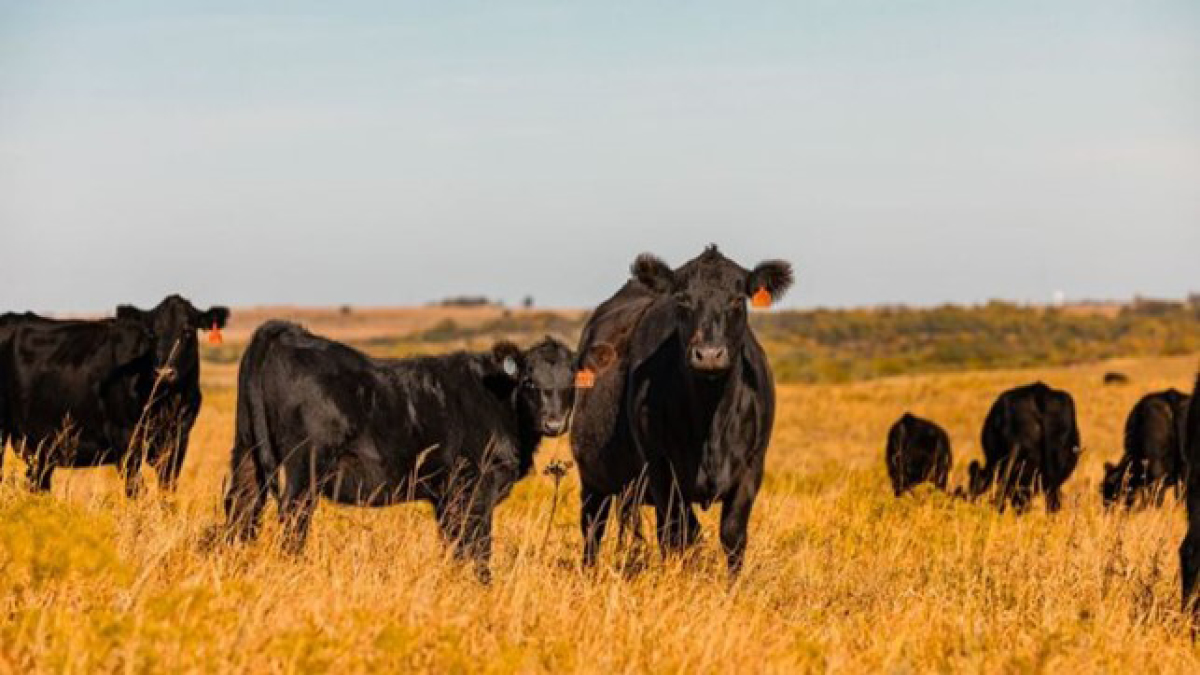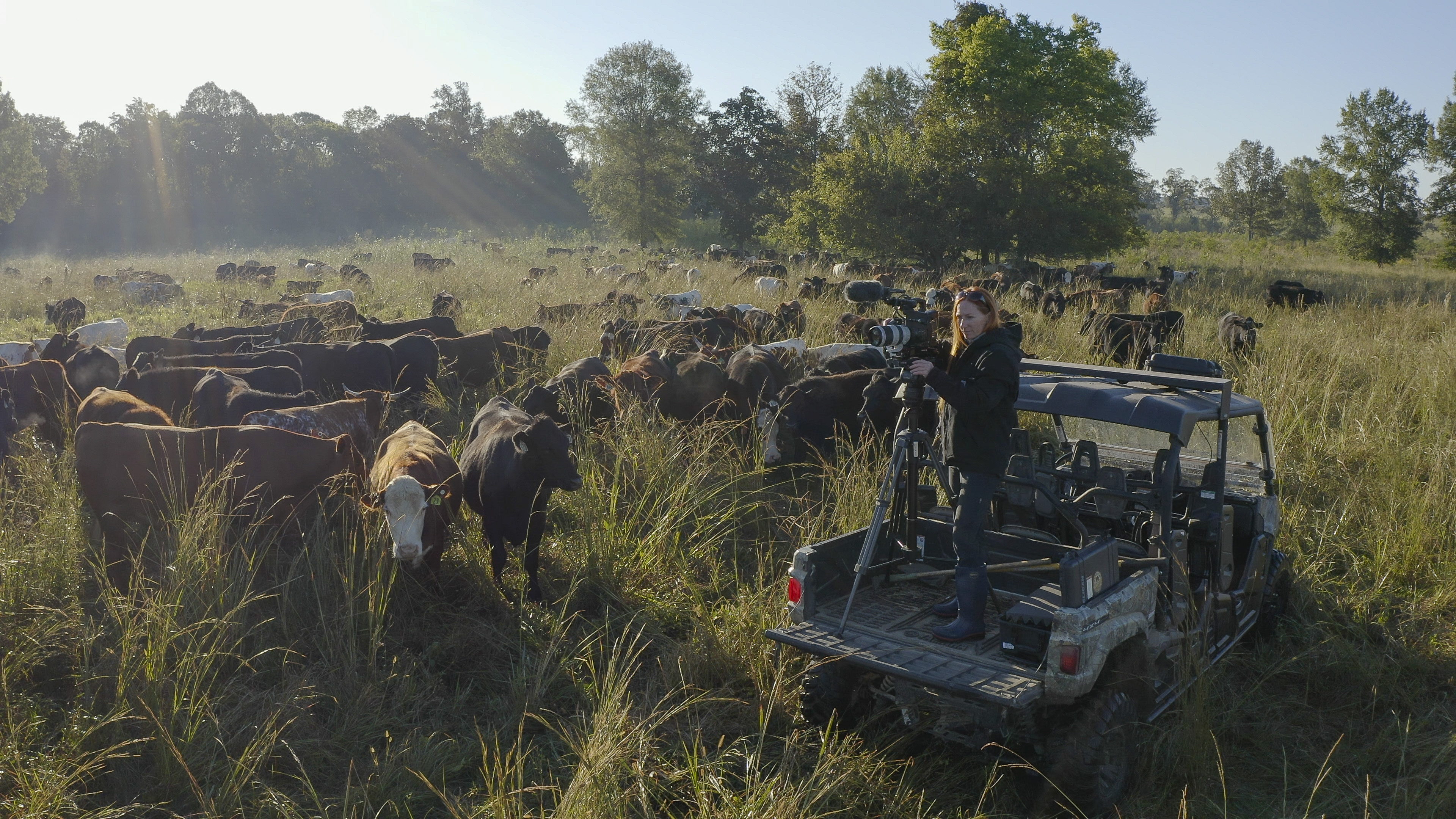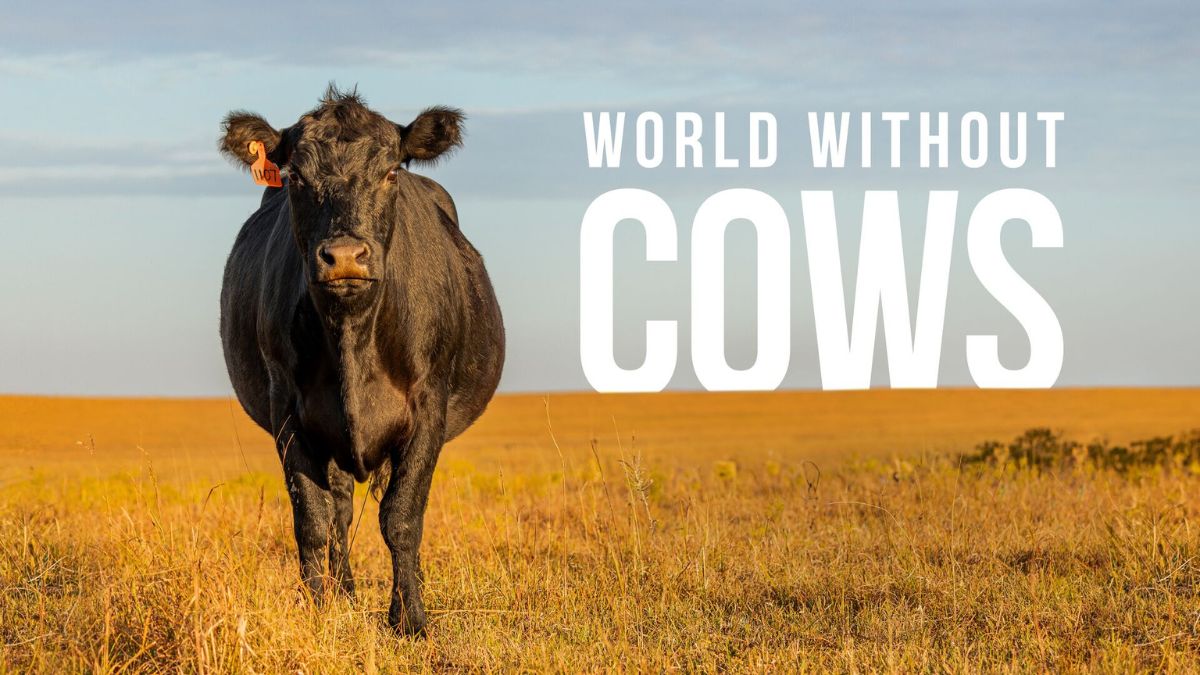Sürdürülebilirlik sığır endüstrisi için gerçekten ne anlama geliyor?
Bazıları bunu yalnızca popüler bir pazarlama söylemi olarak görse de sürdürülebilirlik, mevcut ihtiyaçları karşılarken geleceği riske atmadan hareket etmeyi ifade ediyor. Hayvancılıkta ise bu, giderek daha karmaşık hale gelen çevresel, sosyal ve ekonomik faktörler arasında bir denge kurmayı gerektiriyor.
Tarımda sürdürülebilirliğin evrimi
İnanması zor gelebilir, ancak “sürdürülebilirlik” terimi tarımın kelime hazinesine oldukça yeni eklenmiştir. 1970’lerden önce yalnızca tarımda değil, İngilizce dilinde de bu kelime neredeyse hiç bilinmiyordu. Zamanla tarımda oldukça önemli bir kavram haline geldi ve başlangıçta israfı en aza indirmek, kaynakları korumak ve ekosistem dayanıklılığını teşvik etmek olarak tanımlandı.
Tanımlar geliştikçe, sürdürülebilirlik çevresel, sosyal ve ekonomik açıdan üç temel ilkeye dayanan bir kavrama dönüştü. Ve hayvancılık yapan üreticiler için bu ilkeler hala bir başlangıç olarak görünüyor.
Hayvancılık sektöründe beş sürdürülebilirlik ilkesi
Sektördeki sürdürülebilirlik anlayışı geniş bir çerçeve gerektiriyor. Aşağıdaki beş temel ilke bu bakımdan üreticiler için uygulanabilir bir yol haritası olabilir:
- Çevresel yönetim: Doğal kaynakları sorumlu bir şekilde yöneterek iklim üzerindeki etkileri azaltmak
- Hayvan sağlığı ve refahı: Hayvanların iyi bir sağlık durumuna sahip olmasını ve iyi bakılmasını sağlayan uygulamalara öncelik vermek
- Sosyal farkındalık: Üreticiler ve toplum arasında güven inşa etmek ve olumlu bir bağ kurmak
- Gıda güvenliği: Tüketicilere besleyici ve güvenli ürünler sunmak
- Mali sürdürülebilirlik: Üreticiler ve kırsal topluluklar için uzun vadeli kârlılığı sağlamak
Sürdürülebilirlik neden önemlidir?
Dünya nüfusu hızla artıyor ve 2050 yılına kadar nüfusumuza 2,3 milyar daha insanın eklenmesi bekleniyor. Bu büyüme, global gıda talebinde %60'lık bir artış anlamına geliyor, bu da gelişmiş ve gelişmekte olan ülkelerde daha fazla et tüketimi demek. Bu talebi karşılamak için, daha az kaynakla daha fazla üretim yapmayı sağlayan sürdürülebilir uygulamalar gerekiyor. Böylece çevreyi tahrip etmeden gıda güvenliğini sağlamak da mümkün görünüyor.
Hayvancılık, global beslenmede kritik bir rol oynuyor ve toplam kalori tüketiminin %31'ini ve protein tüketiminin %60'ını sağlıyor. Gıda üretiminin ötesinde, hayvancılık kırsal yaşam geçimlerini, kültürel uygulamaları ve kontrollü otlatma yoluyla biyolojik çeşitlilik yönetimini destekliyor.
Sığır endüstrisinin ekonomik etkisi
Sadece ABD'de, sığır üretimi 520 milyar dolarlık tarım pazarının %17'sini oluşturuyor. Hayvancılık sektörü sadece dünyayı beslemekle kalmaz, aynı zamanda yerel ve ulusal ekonomileri de yönlendirir. Et işleme tesisleri, tarım iş gücünün üçte birinden fazlasını istihdam etmektedir, bu da sektörün iş yaratma ve ekonomik istikrar açısından önemini vurgulamak açısından önemli bir noktadır.
Hayvancılığın çevre yönetimindeki rolü
Hayvancılık, sürdürülebilir arazi yönetimi için bir araçtır. Otlayan hayvanlar, çayırları nasıl kontrol eder? Bu şekilde hayvanlar bitki çeşitliliğini korur ve uzun boylu bitkilerin yayılmasını engeller. Kontrollü otlatma uygulamaları aynı zamanda orman yangını risklerini azaltır. Kaliforniya'dan yapılan araştırmalar, hayvanların otlatılmasının çalıların aşırı büyümesini engelleyebileceğini ve yangın olasılıklarını düşürebileceğini gösteriyor, bu da savunmasız bölgelerde orman yangını öncesi maliyet etkin bir çözüm sunar.
Sürdürülebilirlik sizin için ne anlama geliyor?
Eğer hayvanlarınızın sağlığı ve refahı, işletmenizin finansal başarısı, ürettiğiniz gıdanın güvenliği ve arazinizin korunması sizin için önemliyse, zaten sürdürülebilirliği ön planda tutuyorsunuz demektir. Yani, siz zaten bu değerlerle uyumlu uygulamaları hayata geçirerek, sığır endüstrisi ve gezegen için daha sürdürülebilir bir geleceğe katkıda bulunuyorsunuz.
Sonuç
Sürdürülebilirlik sadece bir moda terimi değildir. Dayanıklı, verimli ve etik bir hayvancılık sektörü oluşturmanın temel çerçevesidir. Çevresel yönetim, hayvan refahı, sosyal sorumluluk, gıda güvenliği ve finansal sürdürülebilirliğe odaklanarak, üreticiler artan talepleri karşılayabilirken geleceği de koruyabilirler.













